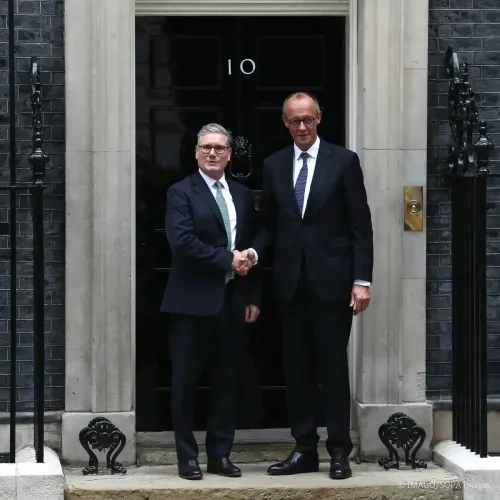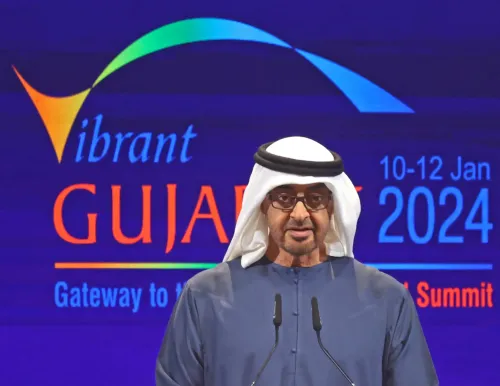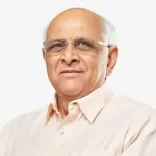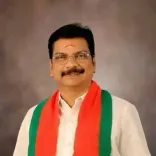How Did US Trade Official Jamieson Greer Describe India's Trade Approach?
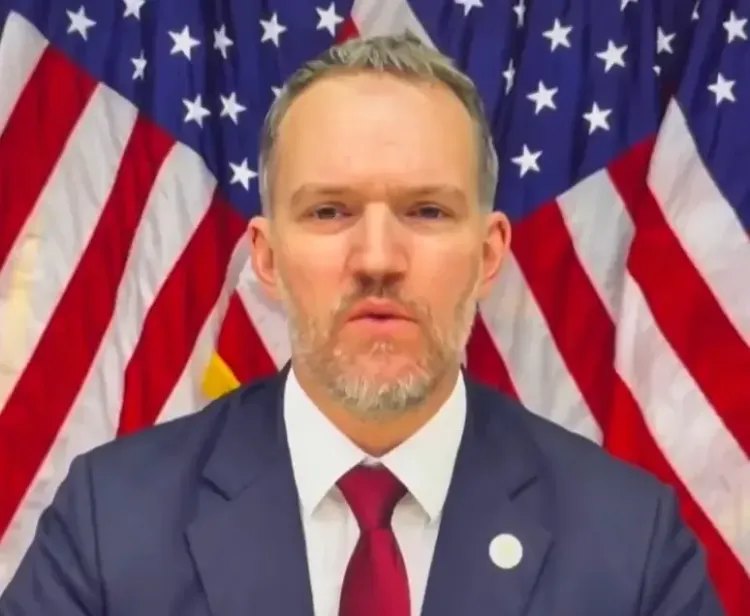
Synopsis
Key Takeaways
- USTR Jamieson Greer describes India's trade approach as pragmatic.
- Both nations are engaged in ongoing negotiations to finalize a trade deal.
- Meeting between Greer and Goyal focused on key sticking points.
- India is diversifying its energy sources amidst U.S. concerns.
- U.S. emphasizes respect for India's sovereignty in trade matters.
Washington, Oct 3 (NationPress) The United States Trade Representative (USTR) Jamieson Greer has characterized India's approach to trade negotiations as “pragmatic” and noted that both nations are actively “trying to negotiate a deal.”
During a discussion at the Economic Club of New York, Greer addressed the ongoing trade talks with India.
“The Indians are being pragmatic. We have been in discussions with them since day one of this administration regarding trade. When we mention a 50 percent tariff on India, half of that 25 percent is actually trade-related. It's the reciprocal tariff, which is where we're focusing on negotiating a deal,” he elaborated.
This comment follows Greer’s meeting with Commerce and Industry Minister Piyush Goyal in New York on September 22.
According to sources from IANS, the meeting concentrated on resolving major sticking points, and both parties are optimistic about reaching an interim agreement soon.
The Ministry of Commerce and Industry released a statement indicating that the Indian delegation had “constructive meetings” with the US government on various aspects of the deal.
“Both parties shared insights on the potential framework of the deal and agreed to continue discussions aimed at achieving an early conclusion to a mutually beneficial Trade Agreement,” it stated.
Greer also addressed the 25 percent tariffs on India for its purchase of Russian oil, clarifying that the US is not attempting to impose conditions on a sovereign nation.
“India has not historically purchased large amounts of Russian oil. This is not a fundamental aspect of their economy. They are a sovereign nation, and we are not dictating their foreign relations,” he remarked.
He expressed confidence that New Delhi comprehends the US goal of “ending the war in Ukraine” and is already diversifying its energy sources.
“I believe they understand. I can see them beginning to diversify,” he noted.
He also stressed that India is not singularly responsible for buying Russian oil, mentioning that the previous administration had urged European and Chinese nations to cease their purchases.
“We have communicated with our European allies, some of whom continue to buy Russian oil, which is concerning. So, it's not just India that we're addressing; we’ve also spoken with China. We all need to work towards ending this conflict,” he emphasized.
Last week, External Affairs Minister S. Jaishankar met with US Secretary of State Marco Rubio during the UN General Assembly.
Post-discussion, Rubio expressed that India holds “critical” importance for the US and welcomed the ongoing trade dialogue.
The day after his meeting with Jaishankar, Rubio indicated that the Trump administration might be open to ‘fixing’ the additional 25 percent tariffs imposed on India for its Russian oil acquisitions.
In an NBC News interview, Rubio mentioned, “We have already seen the measures we have taken regarding India, although we hope to resolve that.”
Rubio criticized European nations for not “doing enough” to resolve the conflict in Ukraine.
Recently, the spokesperson for the Ministry of External Affairs, Randhir Jaiswal, reiterated India’s position on Russian energy purchases, stating that “there cannot be any double standard in this matter” and emphasized the Trump administration's calls for the EU, NATO, and G7 countries to halt their purchases of Russian oil and gas.


